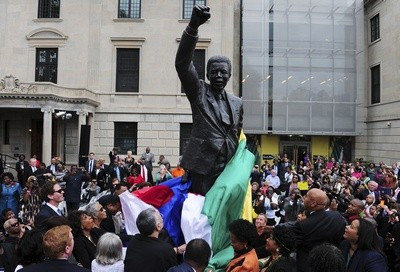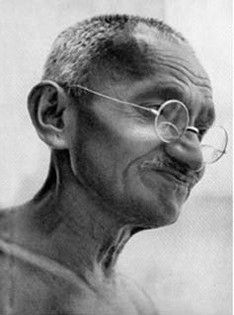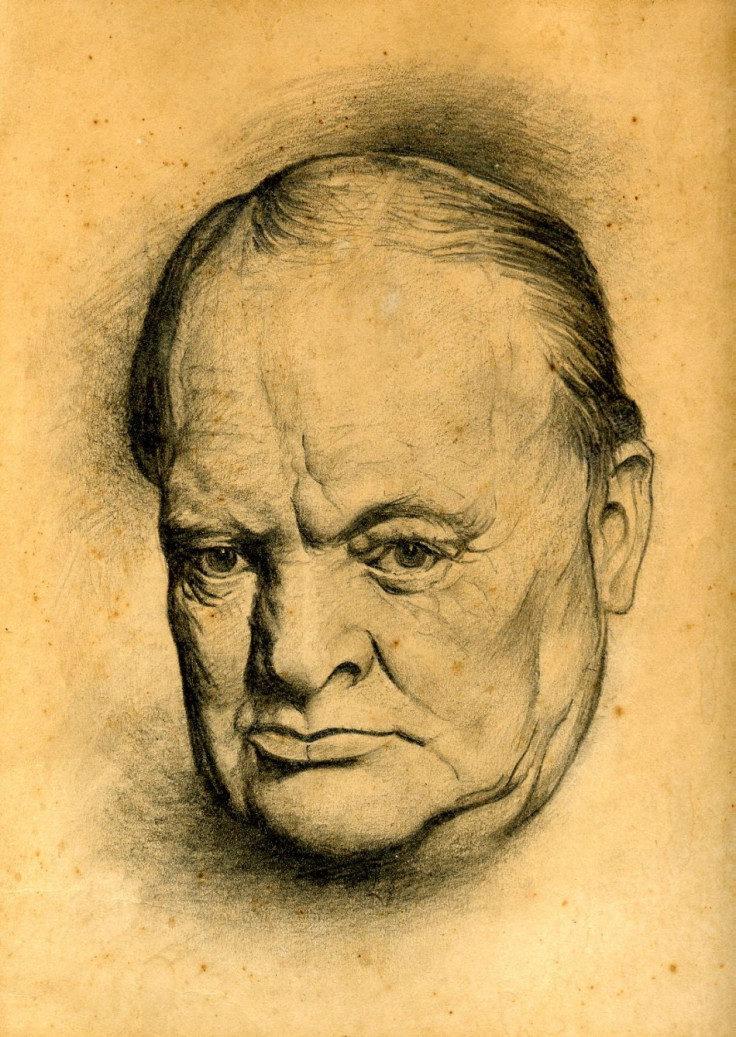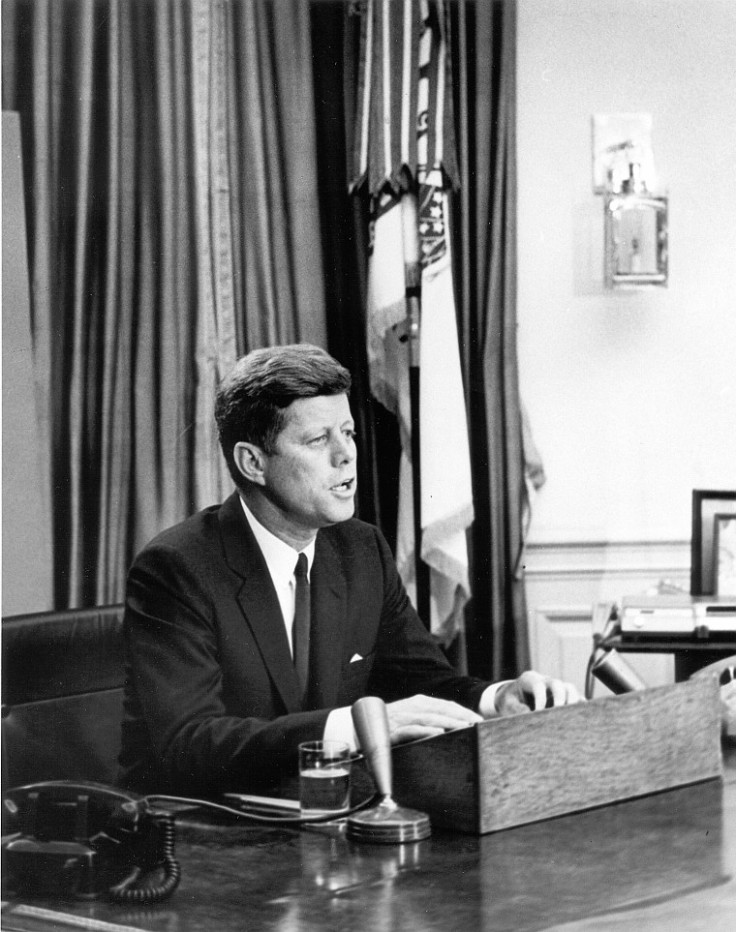Nelson Mandela, Churchill, Gandhi, Roosevelt: Who was the Greatest Modern Leader?

When histories of the twentieth century are written no one doubts that Nelson Mandela deserves to be near the top of the list of great leaders. And few will argue when he is placed at the very head.
Others may have had a more immediate impact in their lifetime. The chilling image of Hitler will always hang over the century as the greatest example of ultimate evil and as a constant warning to humanity of how easily it can slip into darkness.
Stalin, Mao and Pol Pot are in that same league. But Mandela defeats them all with ease and will stand in history as a beacon of light who will be remembered for showing the very opposite - what humanity can be at its very best.
It is no surprise that his doctrine of peace and reconciliation has become the reference point for global peacemakers ever since, from Northern Ireland to the Middle East.
But the last century has had its fair share of inspirational leaders whose qualities were tested in times of great upheaval or gathering violence.
The figure Mandela is most routinely compared to is Mahatma Gandhi, a man from a humble background who, in 1947, after a long and often self-sacrificing campaign also led his country to freedom from, in India's case, UK colonial rule. His doctrine of non-violent protest and civil disobedience may not have avoided all bloodshed, but it led to the sort of national transformation that has more usually been achieved only through the most violent revolutions or civil wars. There are many parallels between Gandhi's patient, persuasive, unbending and peaceful approach to revolution and Mandela's.

Lenin must always remain as one of the century's greatest examples of the bloody, violent, costly and ultimately failed form of revolution. He led the 1917 Russian revolution and won the people freedom from the Tsarist tyranny but at a huge cost in lives, including those of the Royal family, and stability. He left a legacy of oppression that arguably scarred the then Soviet Union for decades.
It lasted, in fact, until Michael Gorbachev, in the late 1980s began the process that ultimately led to the relatively peaceful fall of Communism and the Soviet state. Gorbachev introduced the doctrines of glasnost and perestroika (openness and restructuring) of the state, and famously became a man the UK's Margaret Thatcher and US President Ronald Regan believed they could "do business with". Before Gorbachev the prospect of a peaceful end to the Soviet system appeared hugely unlikely.
Franklin D Roosevelt, the only US president to serve more than two terms, will forever be remembered for his New Deal which defined and dominated Democratic politics for decades after 1932. He piloted the US through the great depression and World War II and rebuilt the country's economy. He is up there in American history with the creator of the modern country, George Washington, as one of the country's greatest and most unifying leaders.
His great allies in the war were Stalin and the man many Britons routinely select as the UK's greatest ever leader, Winston Churchill.

Churchill is the epitomy of a leader whose greatness was rooted almost entirely in the way he led in wartime. His pre-war record was patchy, divisive and controversial and he was quickly ousted from office after World War II following an awful election campaign. But many believe it was his great power to unite, inspire and strengthen the spirit of the British people that won victory in 1945. His ability to rally a nation matched and even exceeded Hitler's.
As the US moved into a new age, John F Kennedy held its future hopes and the American dream in the palm of his hand. His visionary rhetoric and promises of a golden future inspired individuals way beyond his own country. His handling of the Cuban missile crisis earned him a place amongst the greatest peacemakers, but his role in the Vietnam war tainted his reputation. And he was assassinated before he had an opportunity to fulfil the hopes many had placed in him.

In the Middle East, Egypt's president Gamal Nasser must rank as the most transformative leader. He helped the overthrow of the monarchy in 1952 and created a new constitution for the troubled country. His pan-Arab vision and victory in the 1956 Suez crisis made him a hugely popular leader in his own country and the wider Arab world. His hopes of unity were not, however, realised but he remains a central figure in the modern Middle East.
In that list of great 20<sup>th century leaders, with the probable exception of Gandhi, Mandela stands alone for the extraordinary effect he had on people's lives around the world including those with no obvious link to either him or his struggle.
Go further back in history and other figures loom large - Caesar, Napoleon, Alexander the Great, Elisabeth I, Confucius, Muhammad, the list can go on. Mandela's possibly unique combination of personal and political qualities and his success in transforming a country and inspiring an entire planet will ensure his name is added.
© Copyright IBTimes 2024. All rights reserved.























